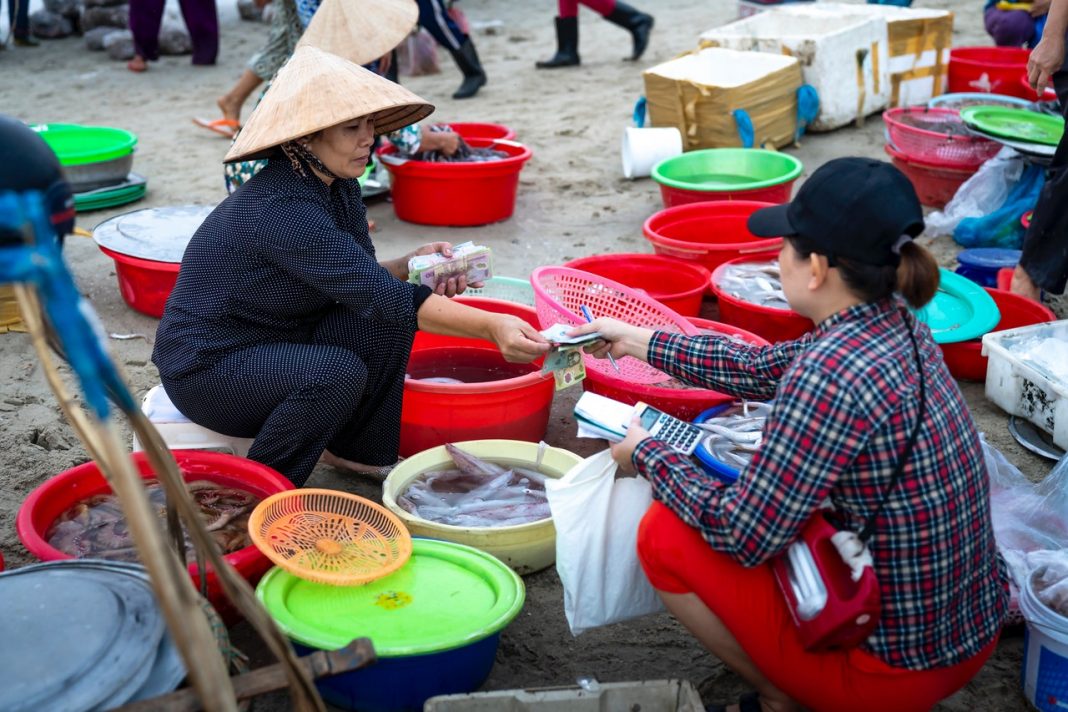Promoting shared prosperity is one of two goals outlined by the World Bank Group (WBG) in its 2013 strategy as part of its overarching mission of a world free of poverty (the other goal being to end extreme poverty within a generation).
WBG defines ‘shared prosperity’ as a means of driving a more inclusive and sustainable economic growth by fostering “income growth among the bottom 40 percent of a country’s population”.
This applies to all citizens in both developed and developing nations, as many countries are striving towards rapid and sustained improvements in their people’s standards of living.
“The path to shared prosperity for a country will depend on both context and time… Plus, different societies assign specific roles to the government, firms, civil society and citizens in general,” said Jaime Saavedra-Chanduvi, then Acting Vice President for Poverty Reduction and Economic Management at WBG.
He cited a few examples; one of which is prosperity that is wide-ranging when growth leads to increased jobs and economic opportunities for every segment of the population.

Here, while the private sector is considered the main engine in job creation, government needs to play its part by carrying out policies and regulations that enable and bolster a favourable environment to retain high investment rates, as well as by investing in knowledge and skills required to build a modern and dynamic working population.
“However, the pattern of growth has to be such that it generates income opportunities for the poor. So the poverty impact of natural resources-based growth that does not pull the rest of the economy will be very different than growth sustained by agricultural productivity increases, for example,” Mr Saavedra-Chanduvi explained.
Another example is having every nation to establish a healthy and stable ‘social contract’ that delivers on investments which ensures improvement and equality in terms of opportunities for all citizens.
This social contract should also include investments in safety nets that provide protection to the poor and vulnerable from shocks and deprivation, as well as mechanisms that support commitments made by the government to achieve shared prosperity, especially “a tax system that creates incentives for economic growth and fairness.”
“For children and youth, for example, this would mean providing universal access to early childhood development, health, nutrition, education and basic infrastructure. For women in many societies, it would mean dismantling barriers to their participation in economic, social, and political life,” Mr Saavedra-Chanduvi described.
WBG’s justification to focus on shared prosperity was on the bases that a society can achieve greater equality without improving the lives of the bottom 40 percent, and that history has shown that countries with strong economic growth have experienced short-term rise in inequality.
Thus, WBG believed that prioritising on inequality could lead to policy-making decisions that restrict the level of socio-economic growth needed to enhance the lives of the bottom 40 percent.
This justification was met with criticism; according to the Governance and Social Development Resource Centre (GSDRC), some argued that “poverty reduction will require tackling inequality”, while others were concerned that shared prosperity as a development measure was “a retrograde step reminiscent of a world of ‘trickle-down’ development.”
Furthermore, in a 2018 survey conducted by the Independent Evaluation Group among staff at WBG, while they support the goal of shared prosperity, the staff in general were of the view that its basic metric of income growth of the bottom 40 percent could be effectively supplemented with suitable measures of inequality.





